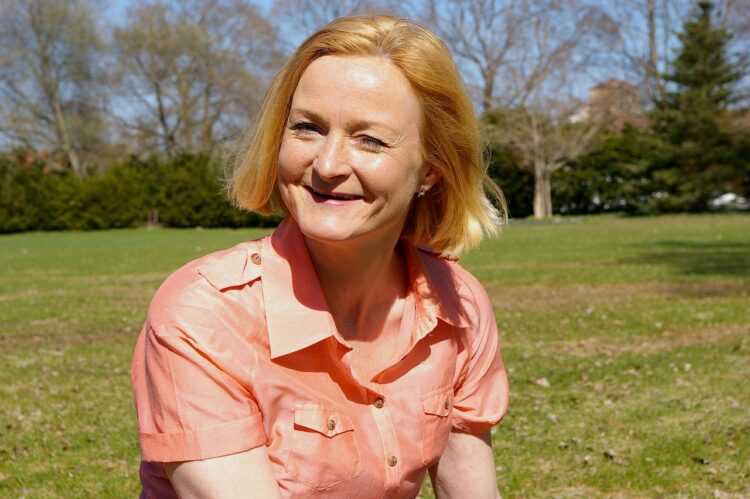
When you’ve been through love, loss, or life on your own, marriage isn’t just about butterflies and rings anymore. It’s deeper than that. You’ve grown, you’ve healed, and you’ve probably learned a lot the hard way. So before saying “I do” again, you must stop and ask yourself these 15 questions—the kind that doesn’t come from a checklist but from the heart. These aren’t doubts. They’re wisdom-talking.
Do I still want marriage—or just companionship?
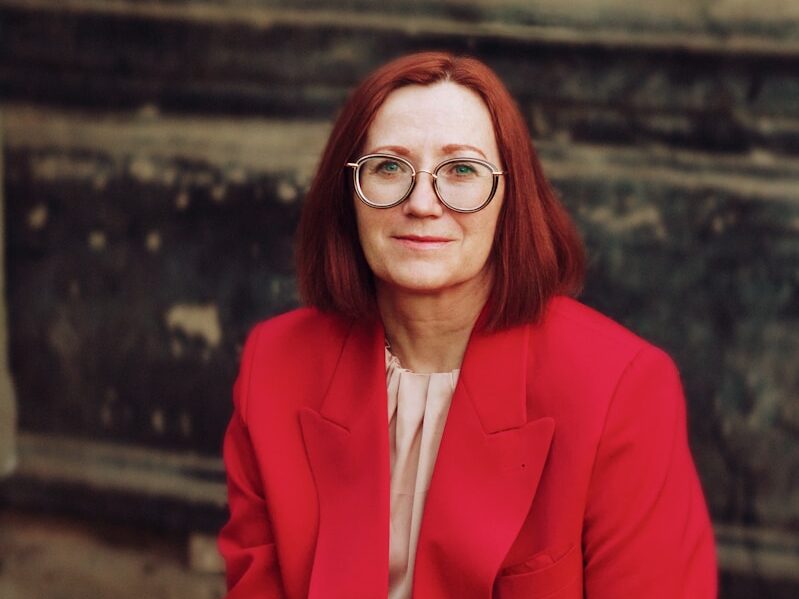
It’s easy to confuse the two, but they’re not the same. You might crave closeness and someone to grow old with, but that doesn’t always mean walking down the aisle again. Sometimes, it’s about feeling connected without needing a ring to prove anything. And before saying yes, you pause to figure out what your heart truly wants this time.
Am I doing this for love—or because I’m lonely?
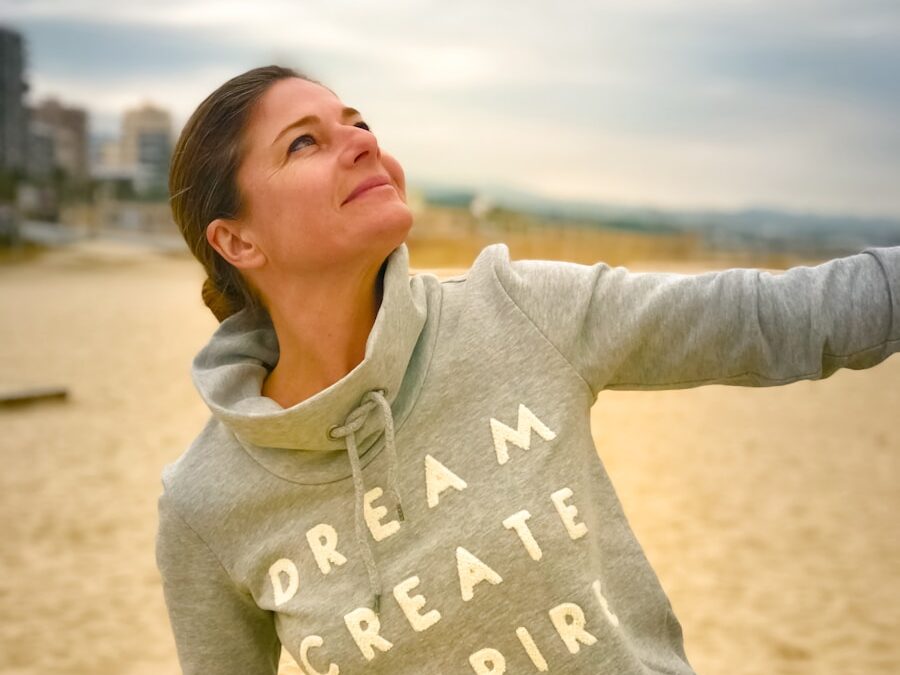
Loneliness can feel heavy, especially when your kids are grown, or the house feels too quiet. But deep down, you know marriage should come from love, not a need to fill the silence. You want to make sure your decision is based on joy, not fear, and that you’re choosing a partner—not just trying to stop feeling alone.
Have I fully healed from my past?
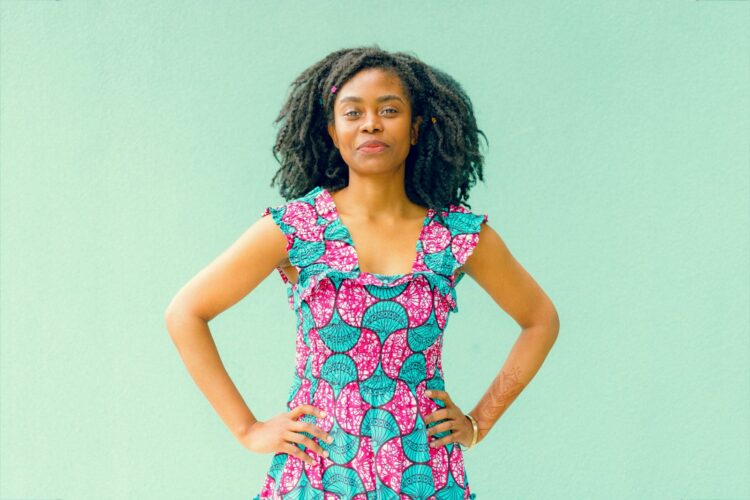
Whether it was divorce, heartbreak, or loss, you carry those experiences with you. Before you say “I do” again, you ask yourself if the old pain still lingers or if you’ve truly made peace with it. You don’t want to bring old wounds into something new—you want to start fresh with a heart that’s ready.
Can I trust him with the life I’ve built?
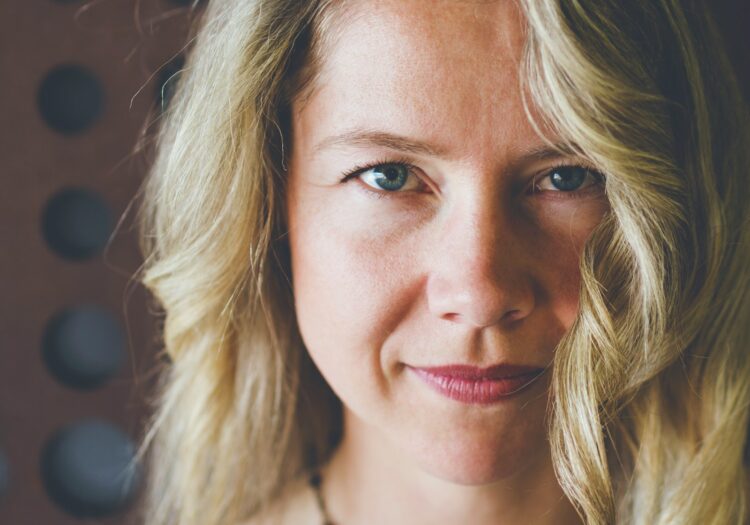
You’ve worked hard to get where you are—emotionally, financially, and personally. So now, you ask: can he respect what I’ve created? Can he be part of this life without trying to change it? Trust means more than just honesty—it means knowing he’ll protect what matters to you, not take it for granted.
What does his past say about our future?
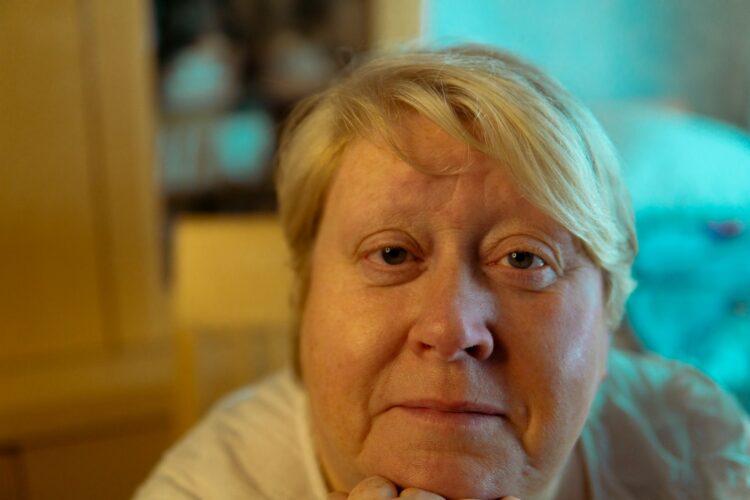
You know by now that people don’t change just because they say they will. So before moving forward, you take a long look at who he’s been—how he handled his own past relationships, how he treats people, how he handles hard times. Because how someone behaved before tells you a lot about what’s coming next.
Will he add peace or chaos to my life?
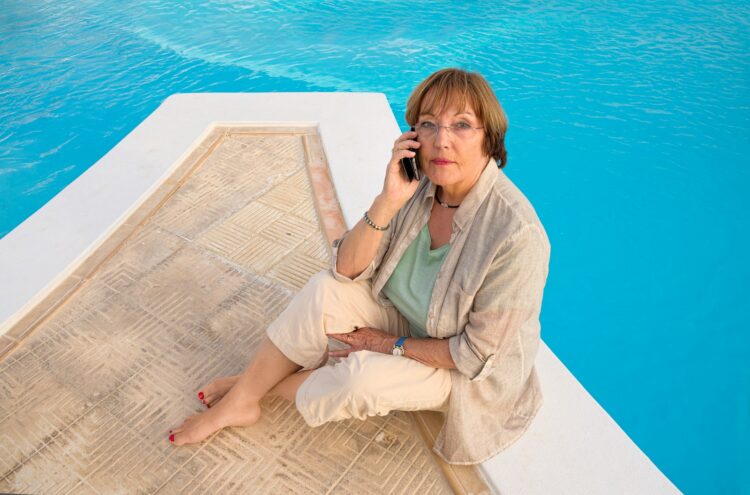
At this stage, you’ve already had your share of stress. You’re not looking for drama—you’re looking for calm. So you ask yourself, honestly, does he make my days feel lighter or heavier? Does he bring calm when things go wrong, or does he stir up storms? Because now, peace is something you protect with everything you’ve got.
Can we grow older together, without growing apart?
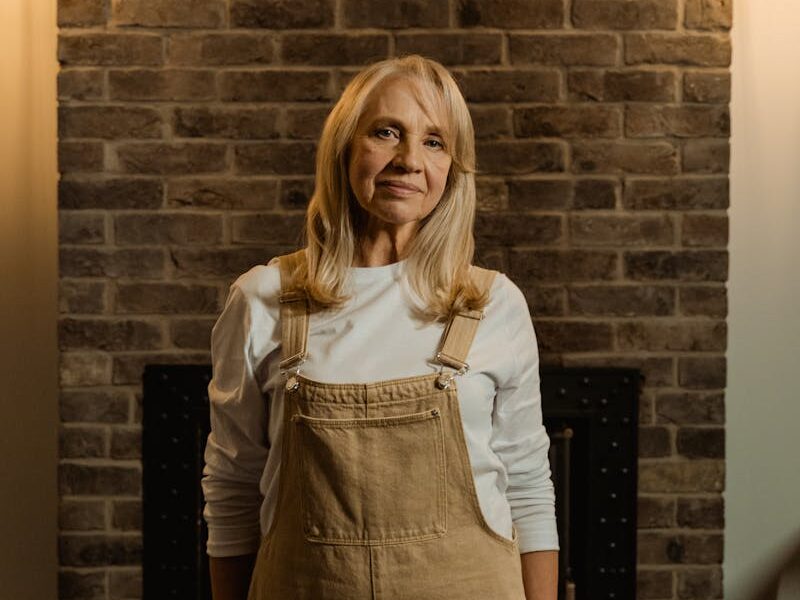
It’s not just about who he is today, but who he’ll be ten, twenty years from now. Will we keep learning together, changing together, and laughing at the same things? You want someone who will keep showing up for the long haul, not just for the honeymoon phase, but for every season that follows.
What do I have to give—and what do I need in return?
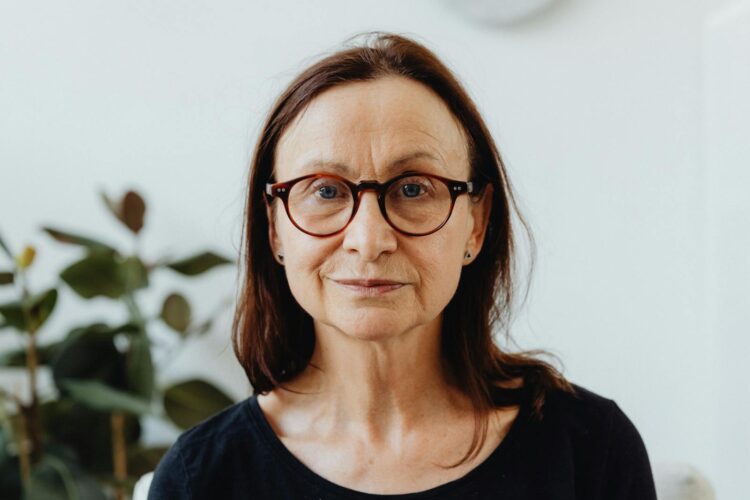
You’ve learned that love is about giving, but not giving yourself away. So you stop and ask, what am I bringing to this relationship, and what do I deserve in return? You’re not afraid to love fully, but you also know your worth now, and you’re not settling for one-sided anymore.
Do our families actually work together?
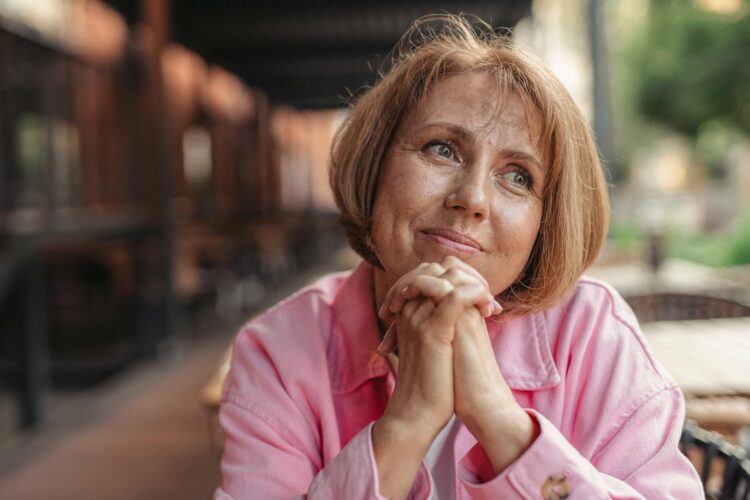
It’s not just the two of you—it’s his kids, your kids, grandkids, and maybe even exes still in the picture. So you ask the tough one: will our families blend, clash, or stay apart? Because love might be between two people, but marriage often involves a huge crowd—and now, that crowd really matters.
Would I still want this if no one else approved?
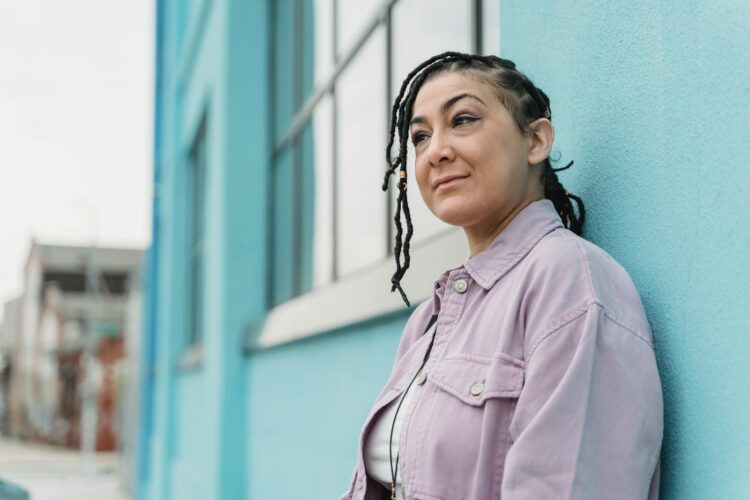
Friends and family have opinions, but at the end of the day, it’s your life. So you stop and think—if no one else clapped, if no one else liked him, would I still say yes? Because love at this stage isn’t about impressing anyone. It’s about choosing what feels right, even if it’s just for you.
What will change if I marry him—and am I okay with that?
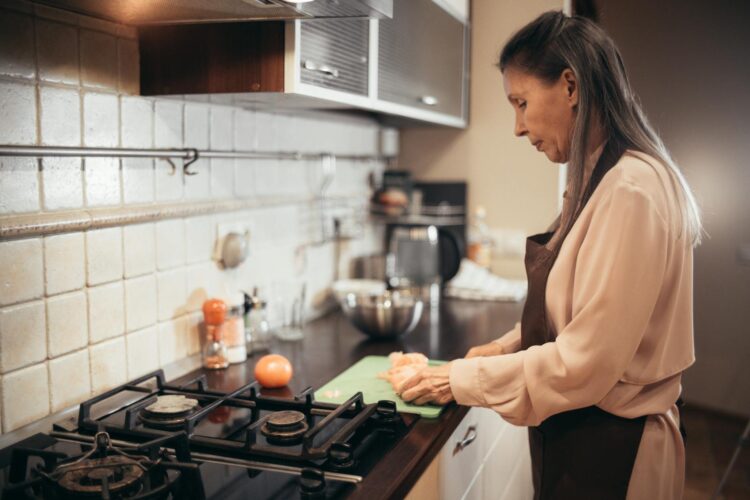
You already have routines, space, maybe even your own traditions. So before you say yes, you ask yourself what’s going to shift—your home, your habits, your independence—and whether you’re ready for it. You’ve built a life that works, so you’re not afraid to ask, “Is this change worth it for me?”
Do we talk about the hard stuff—or avoid it?
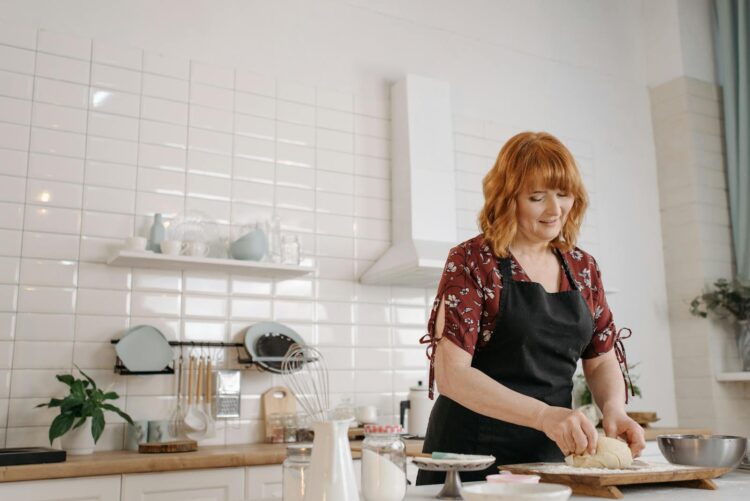
You’ve learned that good love isn’t afraid of awkward conversations. So you pay attention: can we talk about money, health, family, and the future? Or do we pretend everything’s fine until it’s not? You’re not looking for perfect answers—you just want someone willing to face the tough parts with you, not around you.
What does love look like for us now?
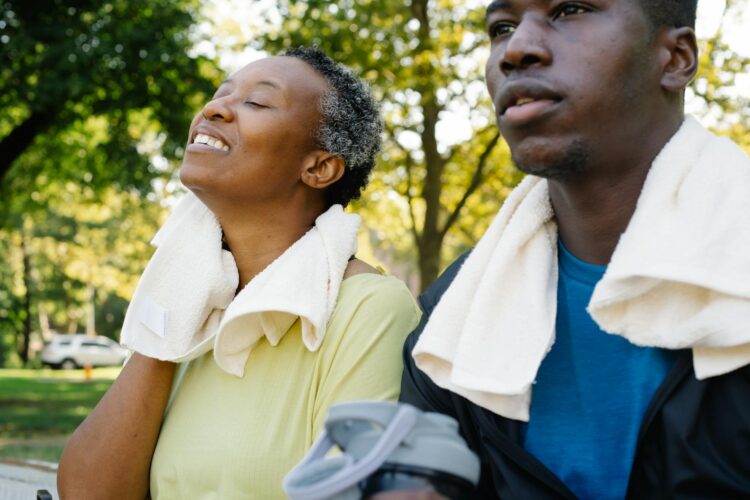
It’s not the same love you wanted in your twenties. Now, it’s slower, deeper, more about presence than passion. So you ask: what does love mean for us? Is it holding hands during doctor visits, sharing morning coffee, or showing up without needing praise? If it feels real, even in the quiet moments, then it’s probably the right kind.
Am I being honest with myself, or just hopeful?
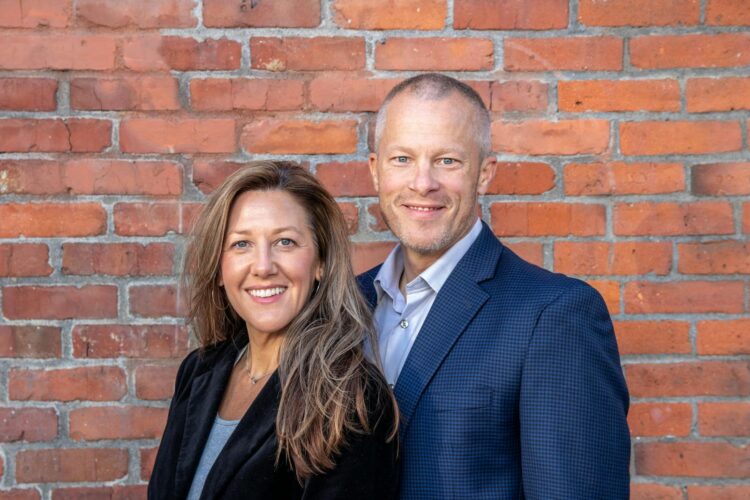
You want to believe in the best. But now, you’ve also learned to listen to your gut. So you take a breath and ask: Am I seeing the full picture or just the parts I want to see? Are you looking at all his red flags as greens? It’s okay to hope—but this time, you want honesty to guide you, not just dreams.
If this is my last chapter, is he the one I want beside me?

You don’t think of it as morbid—it’s just real. Life is short, and love is too precious to waste. So you ask yourself the ultimate question: if this is the person I’ll grow old with, face hard times with, or even say goodbye to, am I at peace with that? If the answer is yes, then you know it’s love that’s worth saying “I do” to again.

